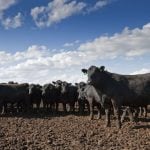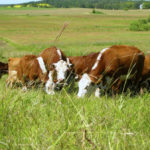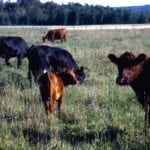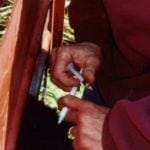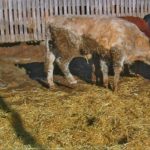Campylobacter jejuni (CAMP-EE-LO-BACK-TER JE-JUNE-EYE) is the most common cause of bacterial diarrhea in the North America, causing an estimated 1.5 million human diarrheal illnesses annually. Infections are common in young children, and young adults between the ages of 18 to 29. Asymptomatic human carriers are rare. Most human cases are caused through contact with animals […] Read more


